In December of last year, we took a closer look at how signatories of the Net Zero Asset Owners Alliance (NZAOA) conducted their climate voting. Our report found that members of the UN-convened alliance did not demonstrate more climate ambition in their voting for climate resolutions compared to peers who weren’t NZAOA members. The report also found gaps in how members track votes cast on behalf by service providers. Since this analysis was published, the NZAOA subsequently revised its guidelines, and we’re hoping to see members put the updated recommendations into action at annual general meetings this year.
In January 2022, the alliance made improvements to its proxy voting and engagement targets through the publication of its 2nd Target Setting Protocol. The updates included a call for clearly defined escalation pathways. Concretely, this involves using votes to hold companies accountable on climate, and setting expectations for asset managers to align how they vote with the asset owners’ expectations. This upcoming shareholder season, the alliance’s proxy voting guideline for asset managers, which calls on asset managers to practise merit-based climate voting, will be put to a test. The results will provide valuable insight into whether asset managers will align with the NZAOA’s ambition on climate voting.
The U.S. pension fund CalPERS recently updated its Proxy Voting Guidelines to address climate incompetent directors. According to its updated policy, CalPERs will “withhold votes from relevant committee members (and/or board leadership) who serve on a board that demonstrated a lack of board oversight related to climate-related risks” on a case-by-case basis. The fund also identifies the CA100+ Benchmark as the tool for informing its decision on director votes1.
The German insurer and asset manager Allianz in its updated proxy voting policy announcement in January indicated that in 2021, it did indeed support management proposed climate-resolutions or “Say on Climate” votes. However, starting 2022, it will take a more rigorous approach in assessing “Say on Climate” resolutions. In theory, the “Say on Climate” initiative should encourage companies to submit their climate strategies for a shareholder vote every year. In the worst case, however, the framework can drive attention away from shareholder resolutions that would force a company to actually change the way it conducts business and divert it to less ambitious proposals submitted by a company’s management.
It is time for all NZAOA members and their asset managers to update their proxy voting policies and honour them by voting for ambitious climate action at all company annual general meetings (AGMs). This means voting against a company’s management if it delivers poor climate performance. It also requires asking for bold commitments at companies that go beyond climate disclosure and that instead concretely govern how companies are aligning their capital flow to limit global warming to 1.5 C. Asset owners willing to demonstrate leadership on climate stewardship should publicly announce their voting intentions for key climate resolutions and director votes. They must also call on their asset managers to do the same. How their asset managers vote on climate is a reflection of asset owners’ net zero ambitions.
In order to stay on a 1.5 C pathway, we have to halve global emissions by 2030. This gives us less than eight years to take crucial steps necessary to avoid the worst outcomes of the escalating climate crisis. The latest IPCC Assessment Report concluded that “any further delay in concerted global action will miss a brief and rapidly closing window to secure a liveable future.”
As some of the earliest adopters of climate stewardship, NZAOA members must vote for 1.5C-aligned climate action at AGMs this year. The NZAOA is currently the only alliance within the GFANZ (Glasgow Finance Alliance for Net Zero) umbrella group to call for a 49% to 52% range absolute emissions reduction by 2030. So far it is also the only net zero group to have committed to no longer finance fossil fuel expansion projects in line with the IEA Net Zero by 2050 scenario.
Mostly representing pension funds and insurance companies, NZAOA members are responsible for the financial security and risks of our society. We trust that all NZAOA members will step out of their comfort zone to support game changing climate resolutions that can deliver real world outcomes across sectors.
1 Source: Proxy Insight, accessed 11 March 2022.


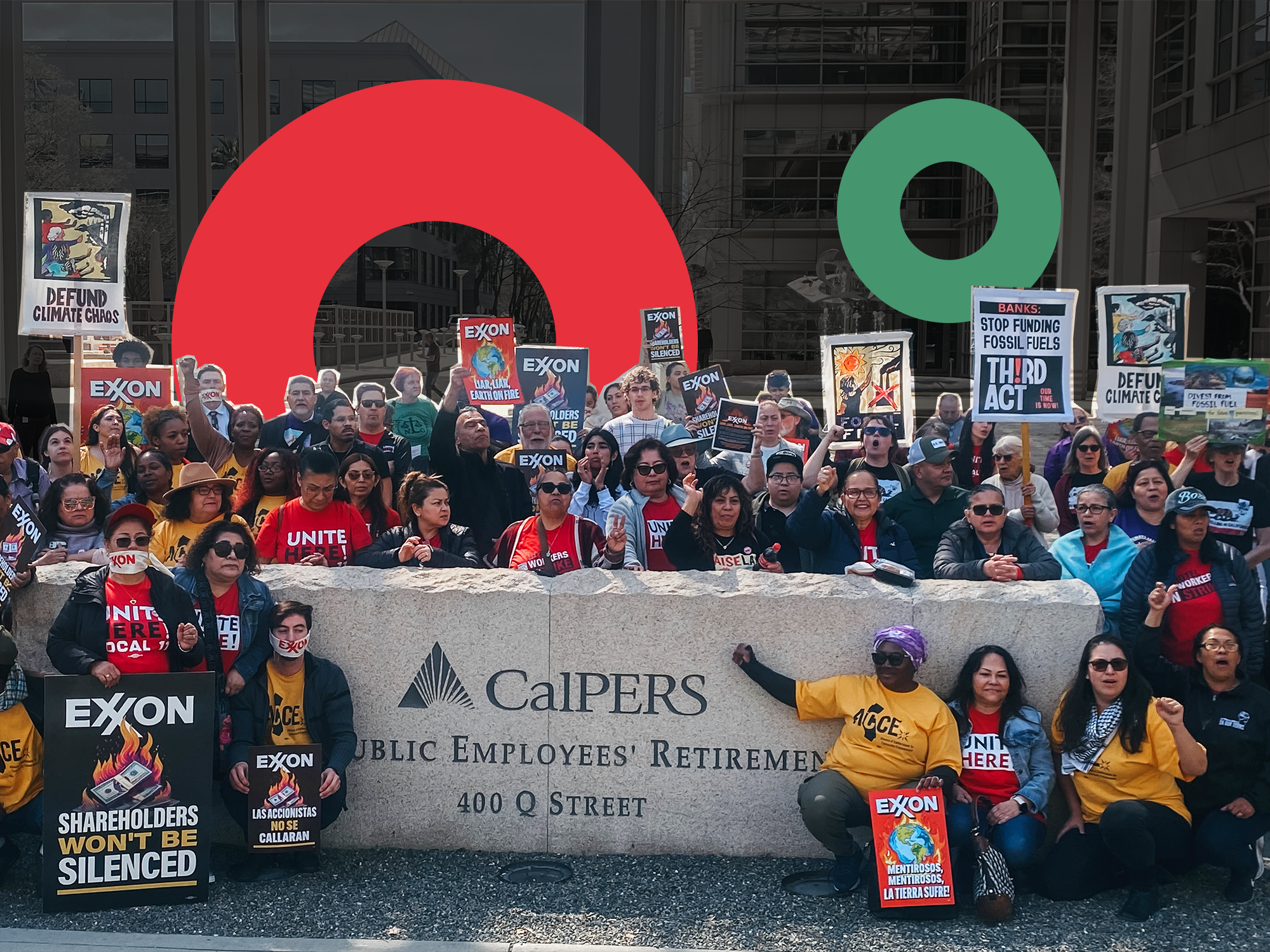

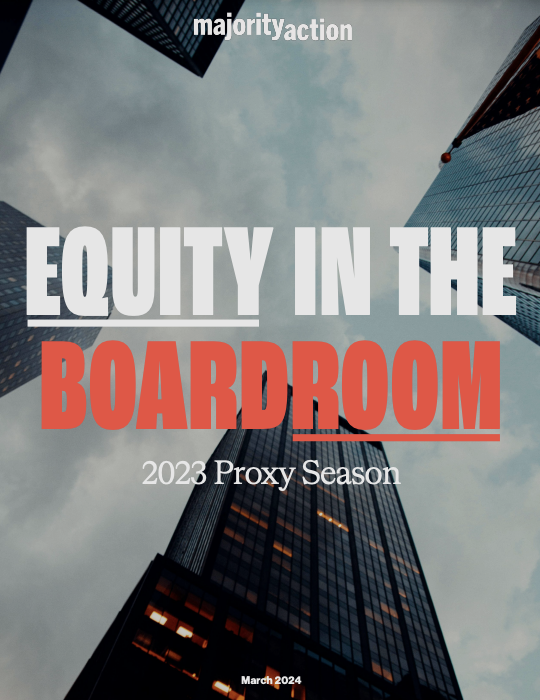
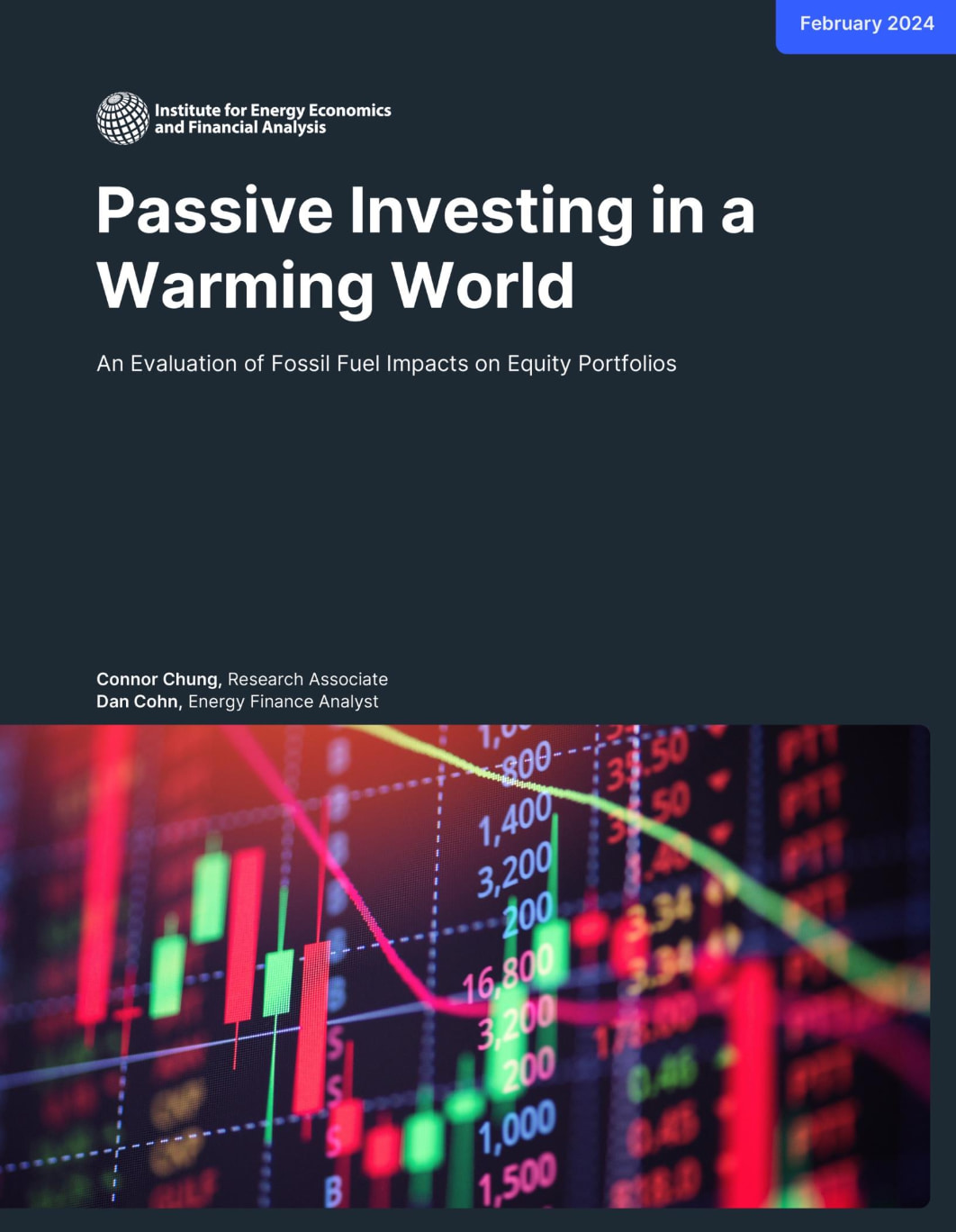
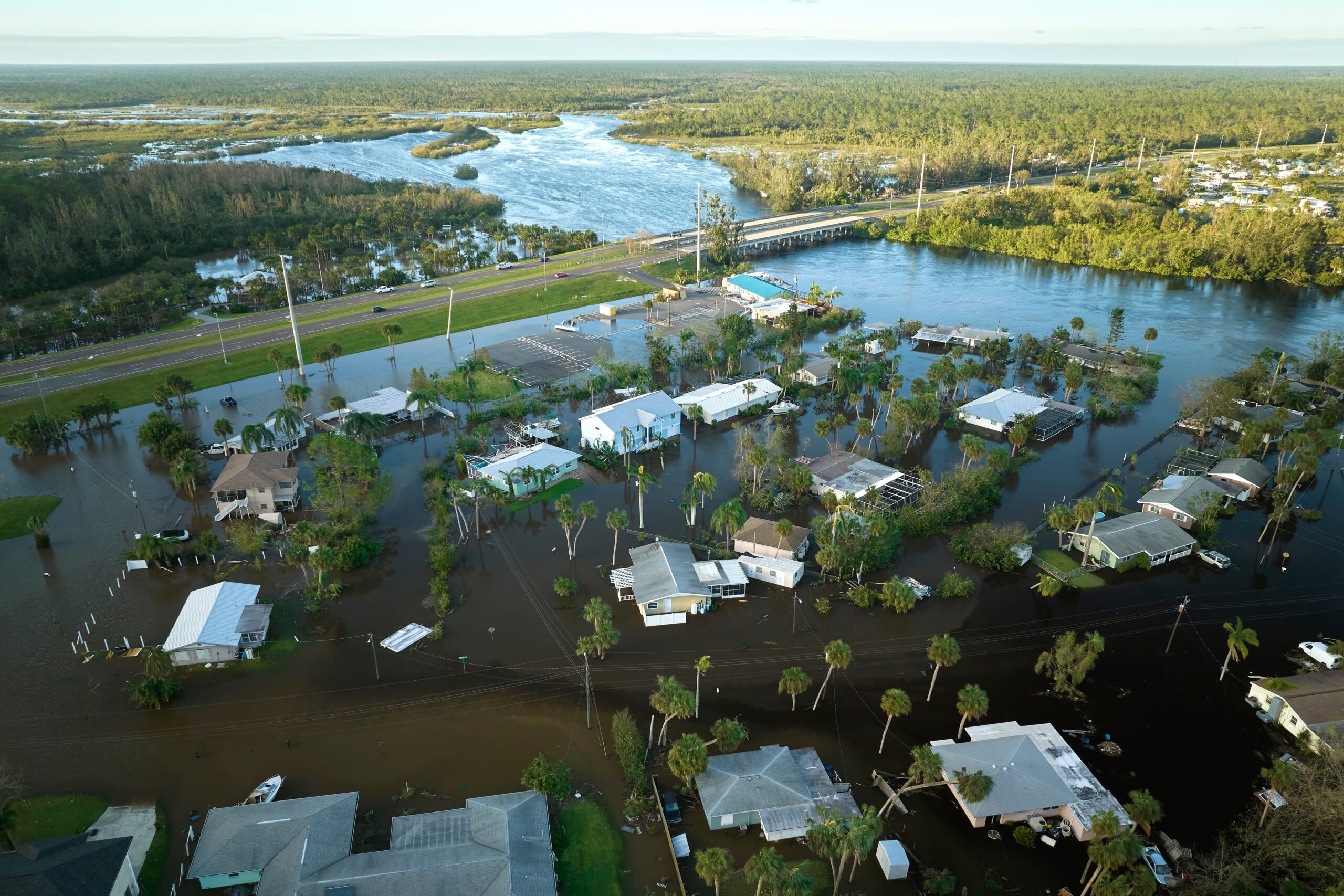
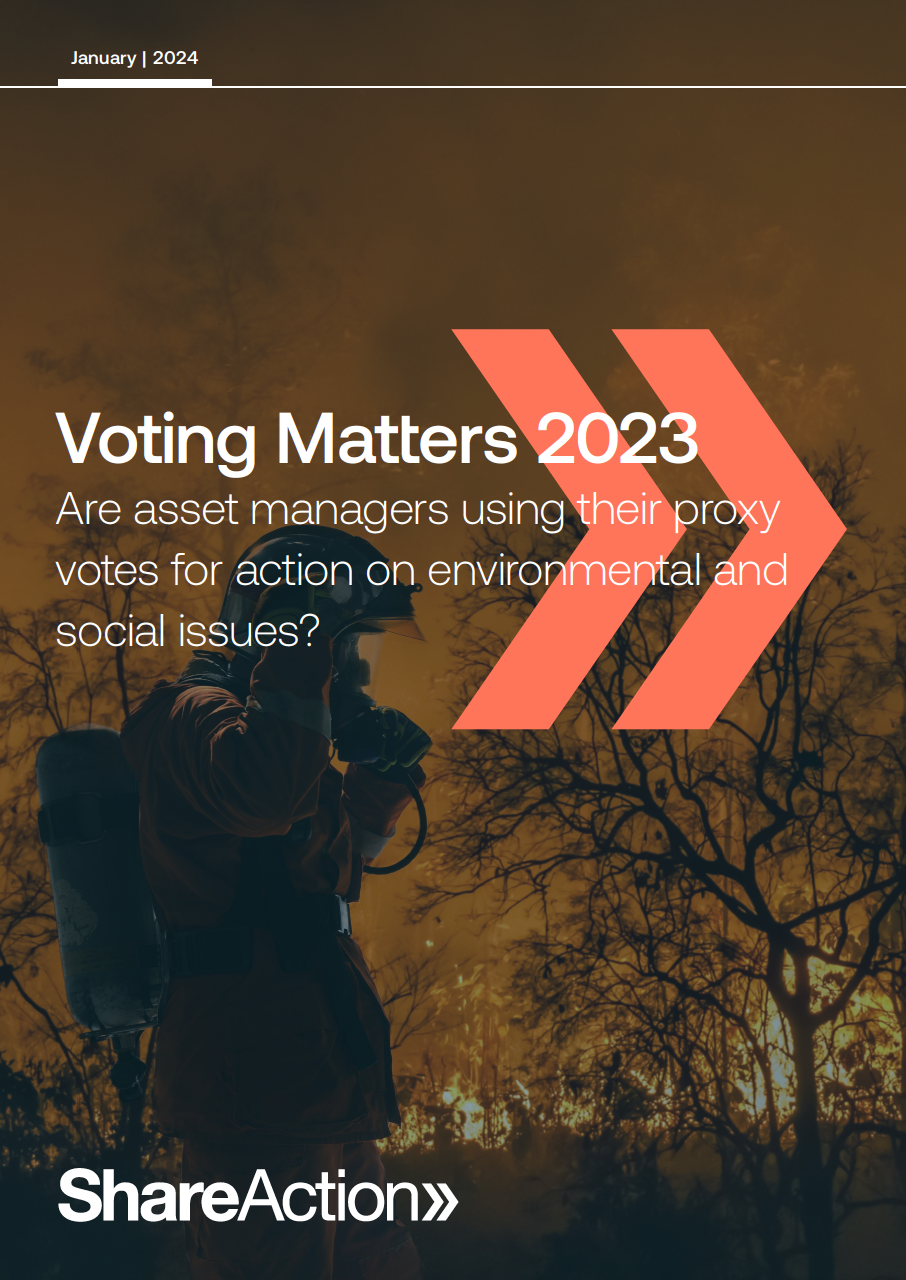



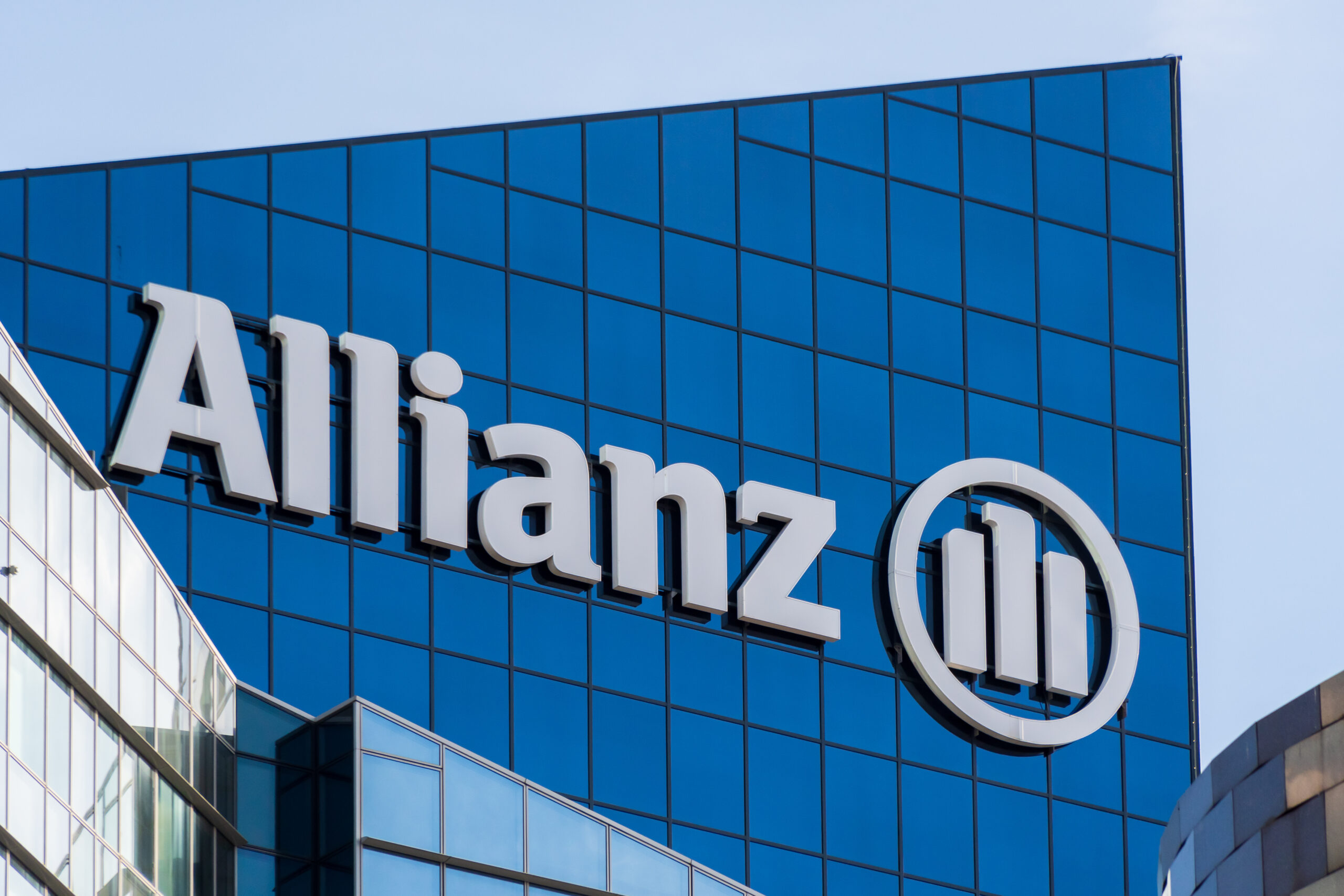









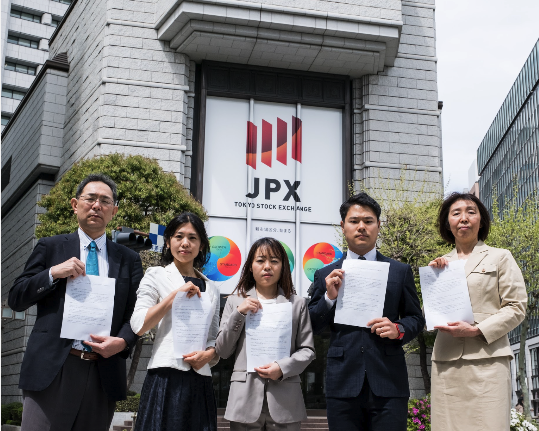



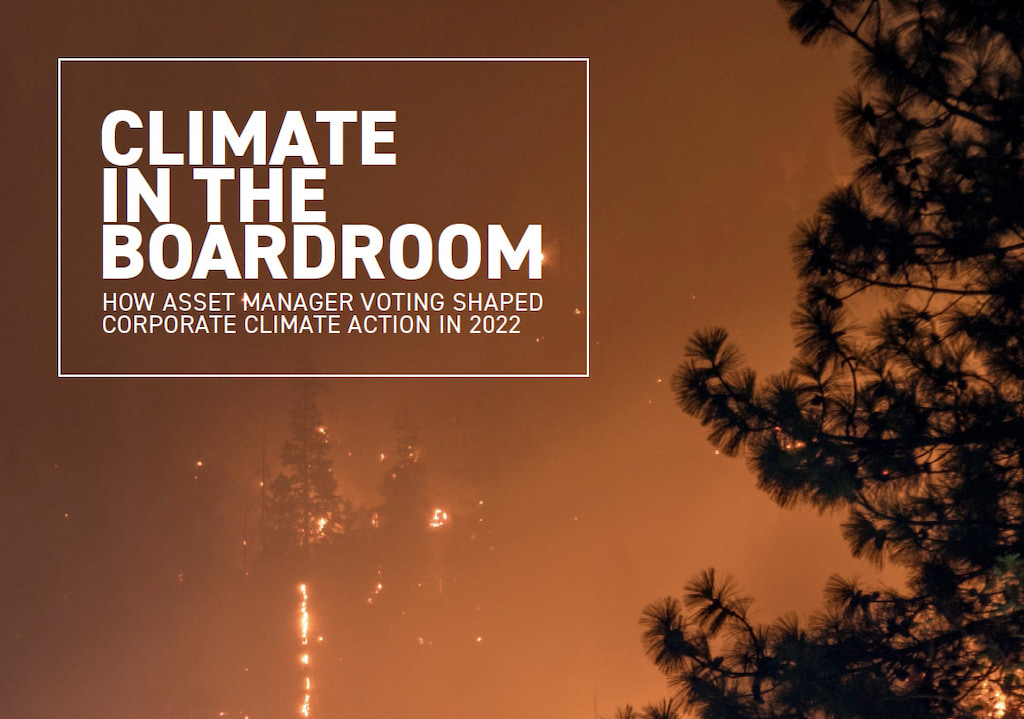






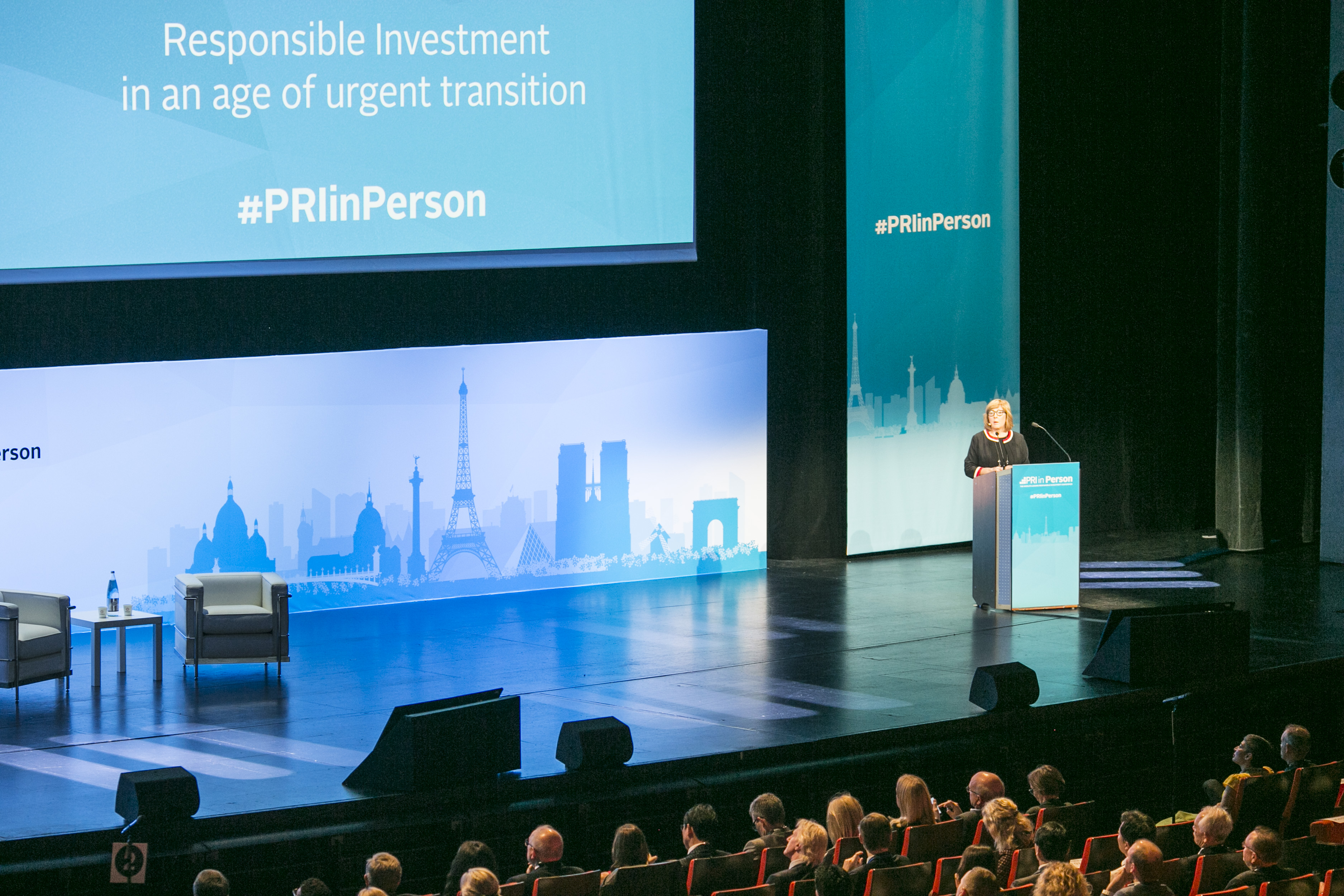








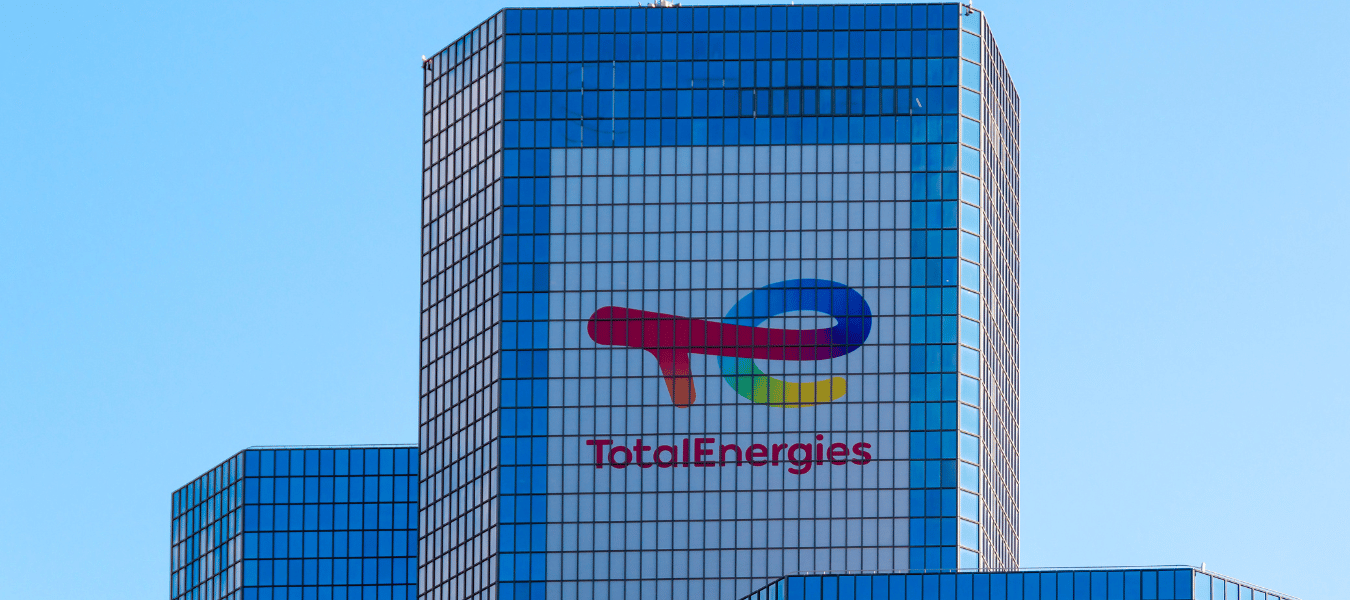

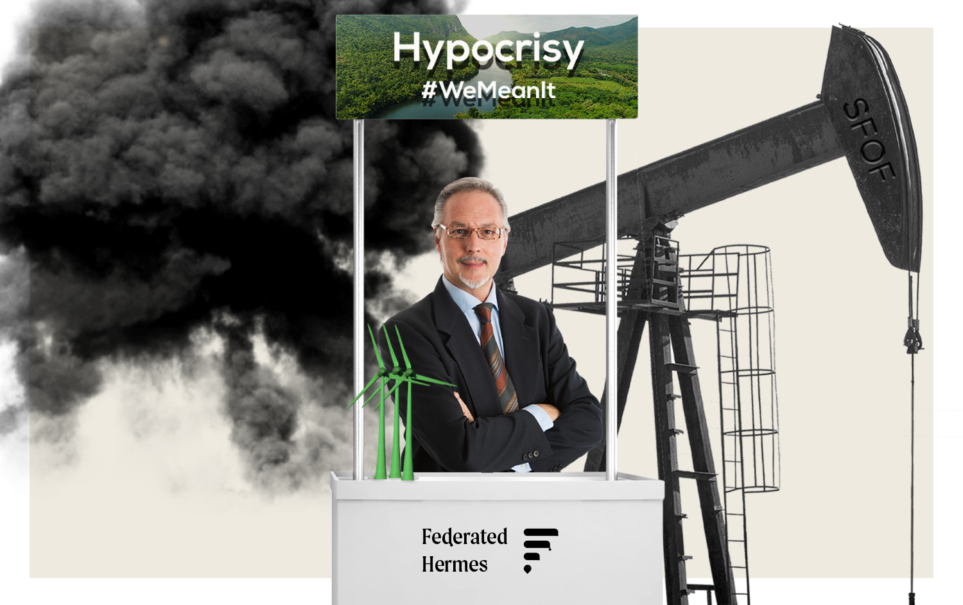








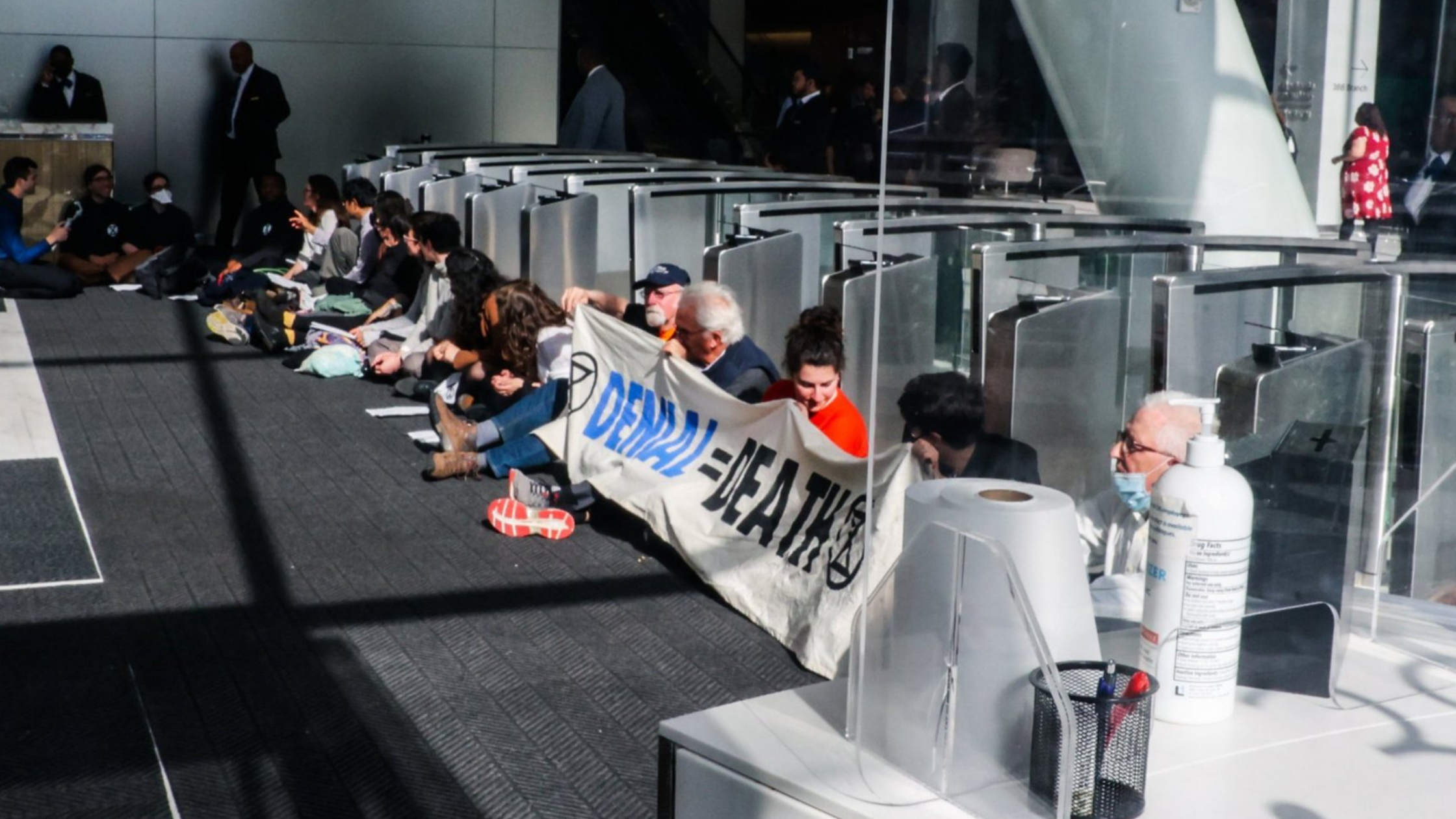




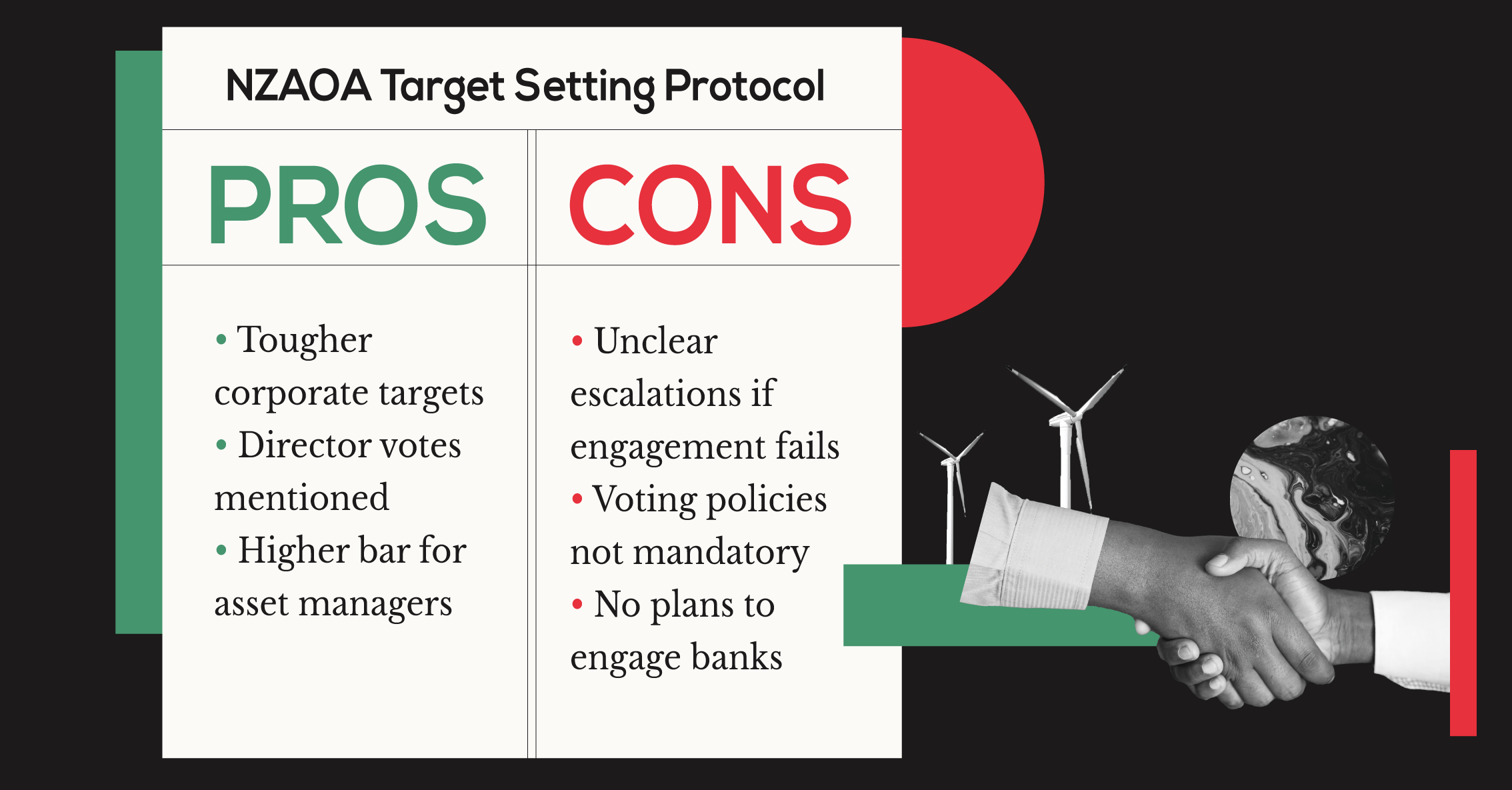
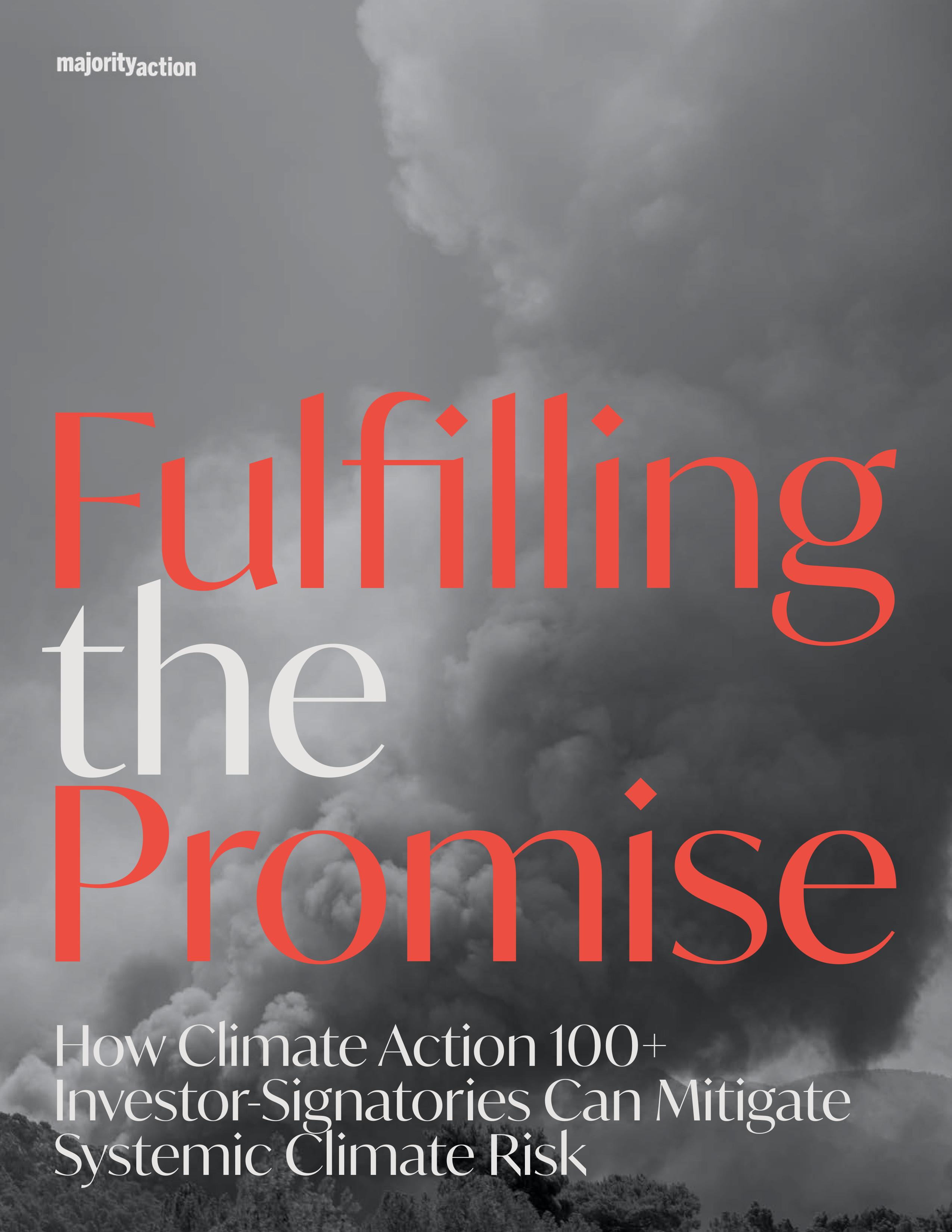


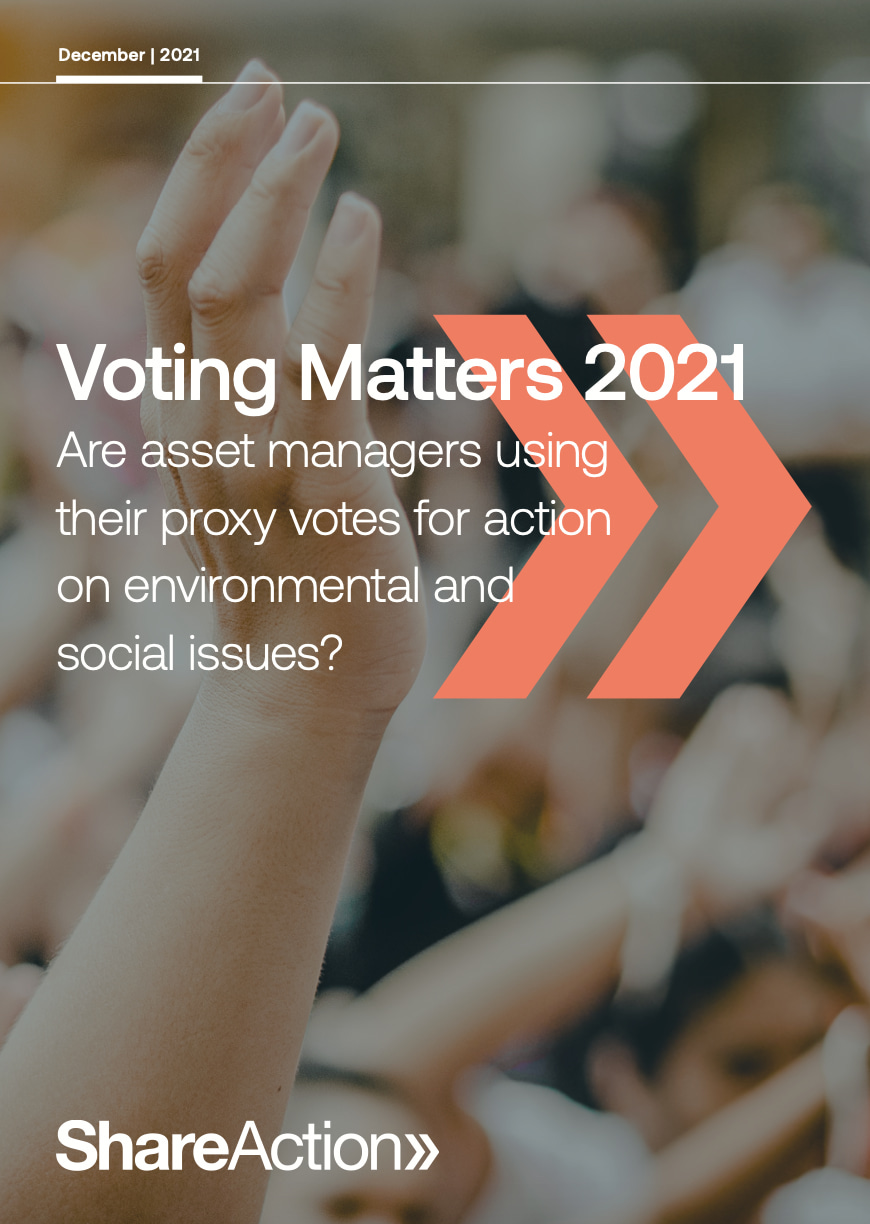
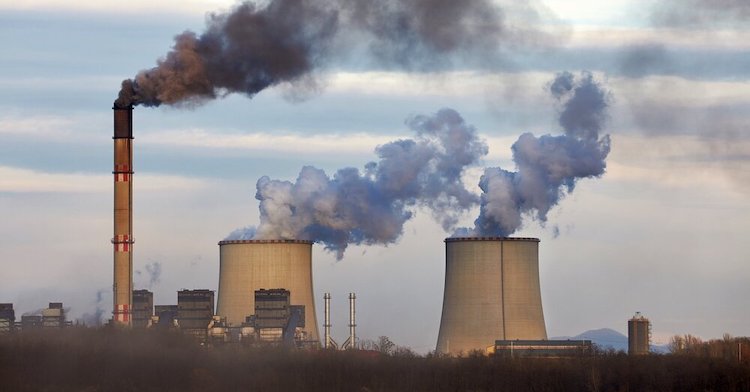





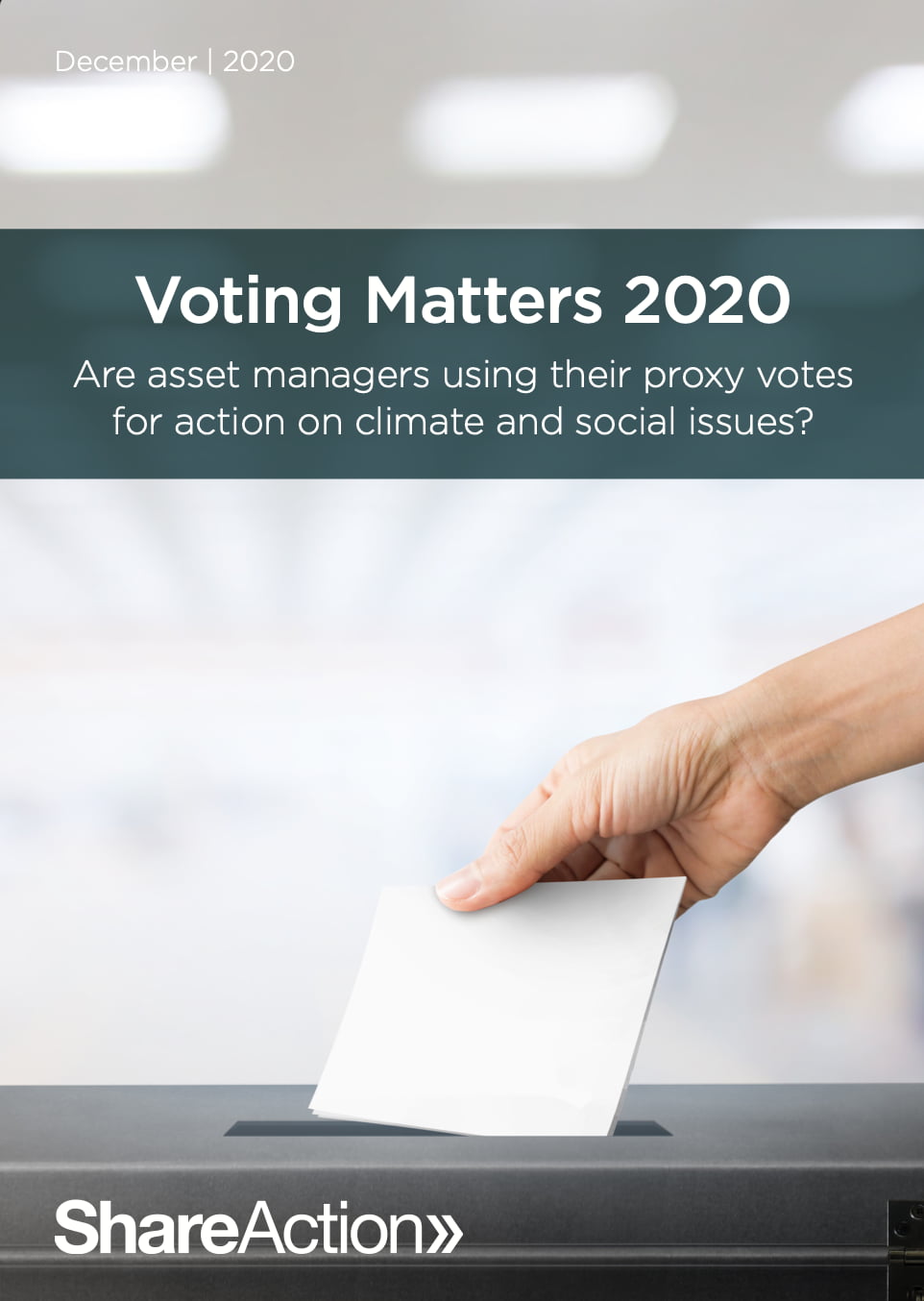
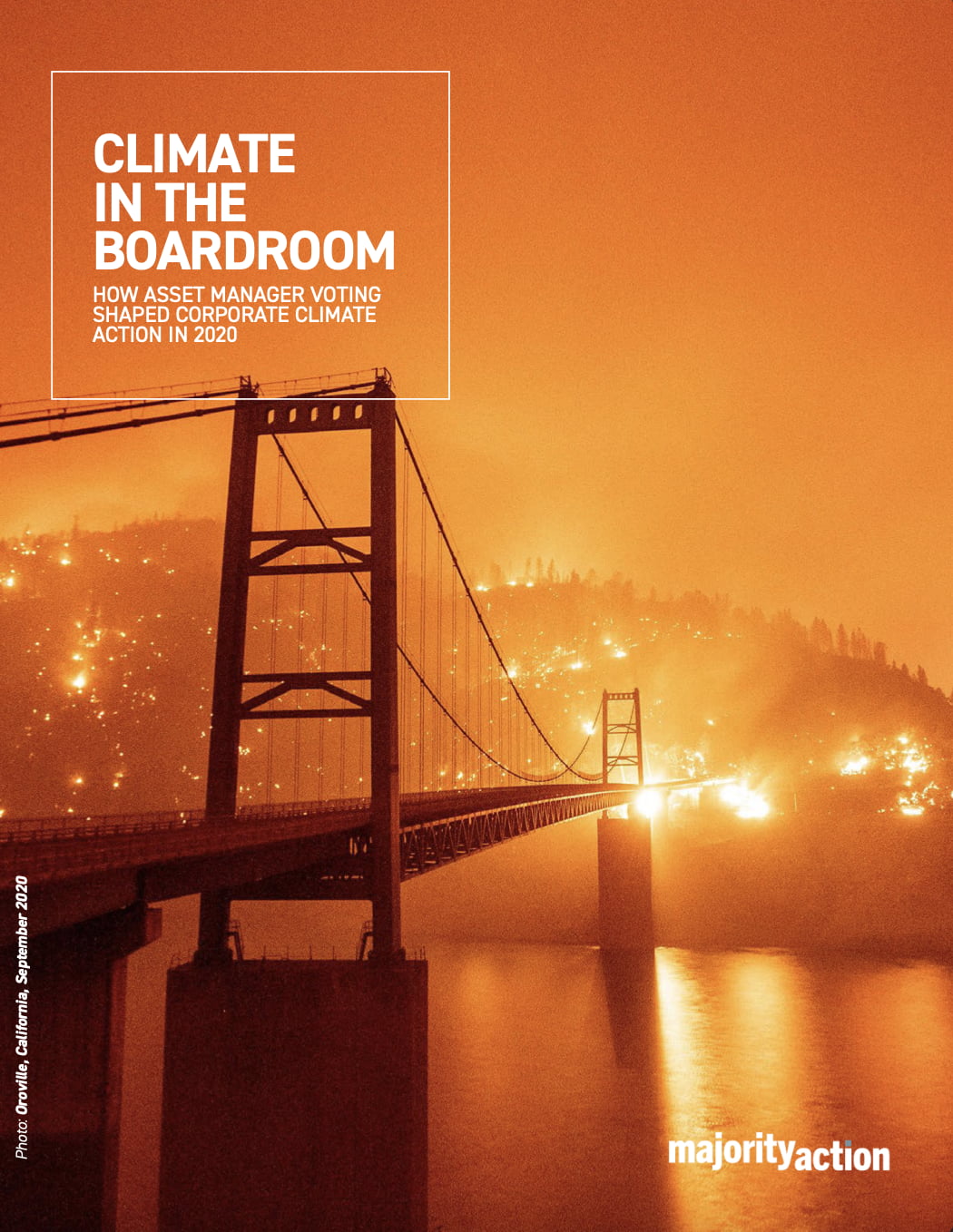
Share